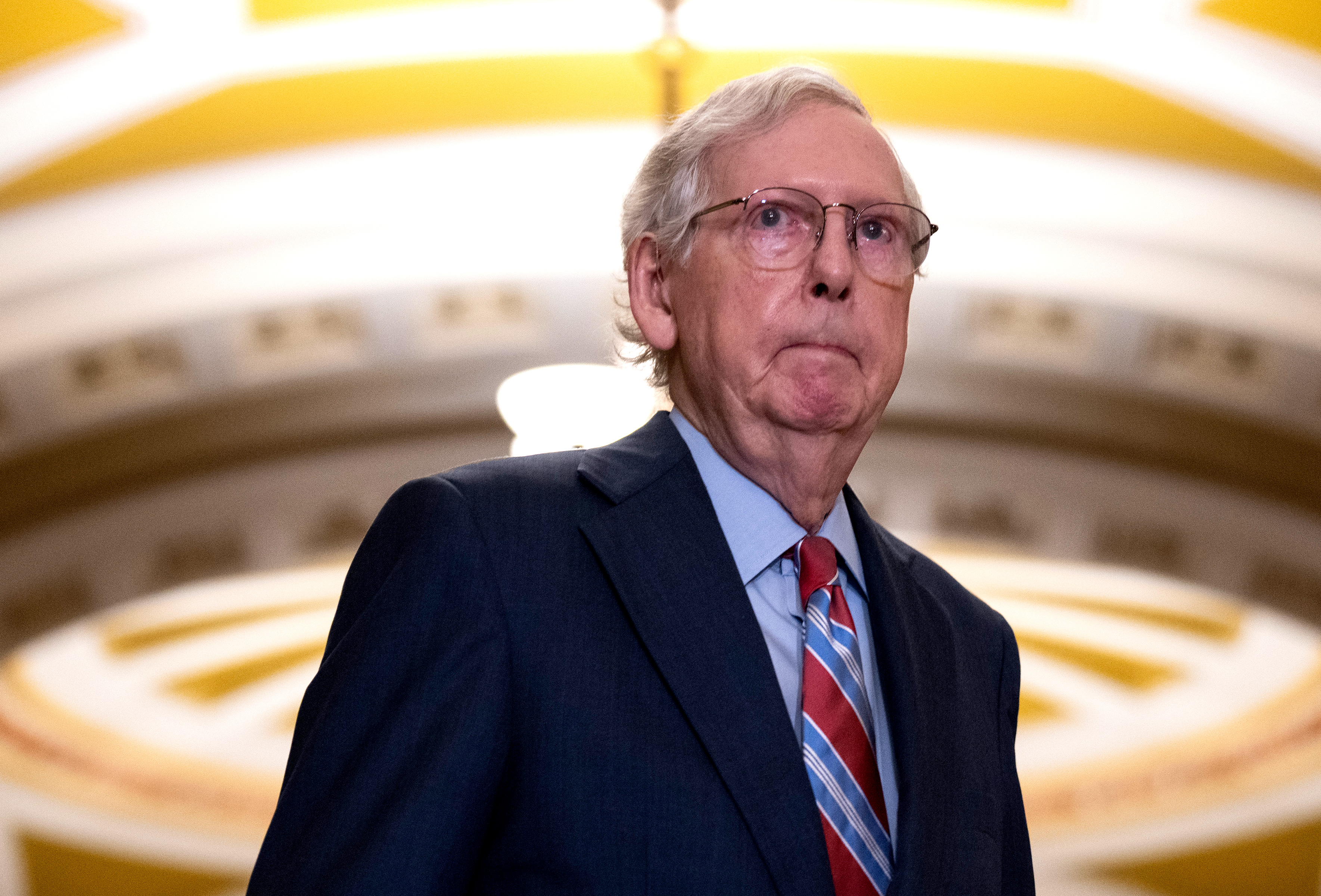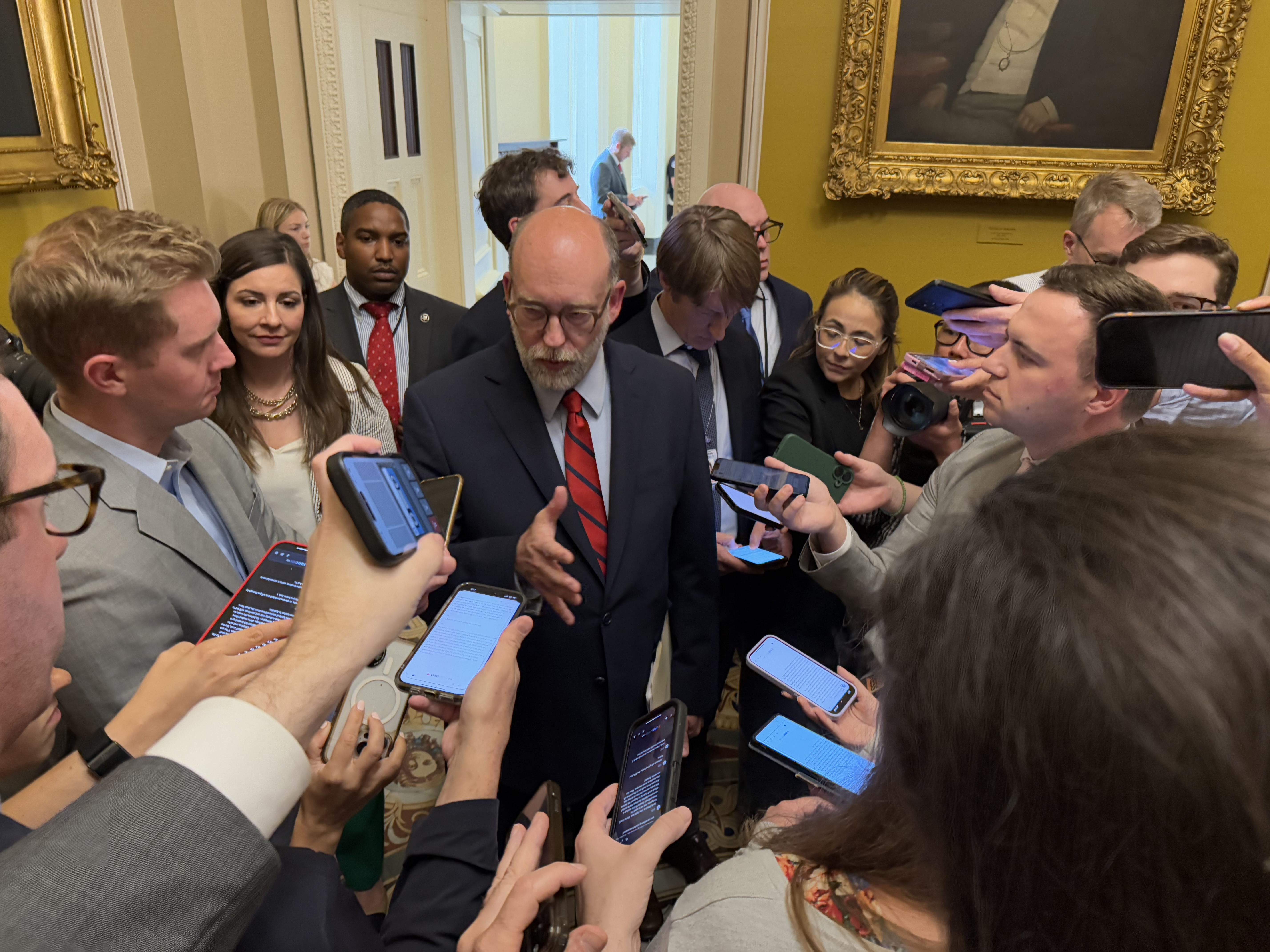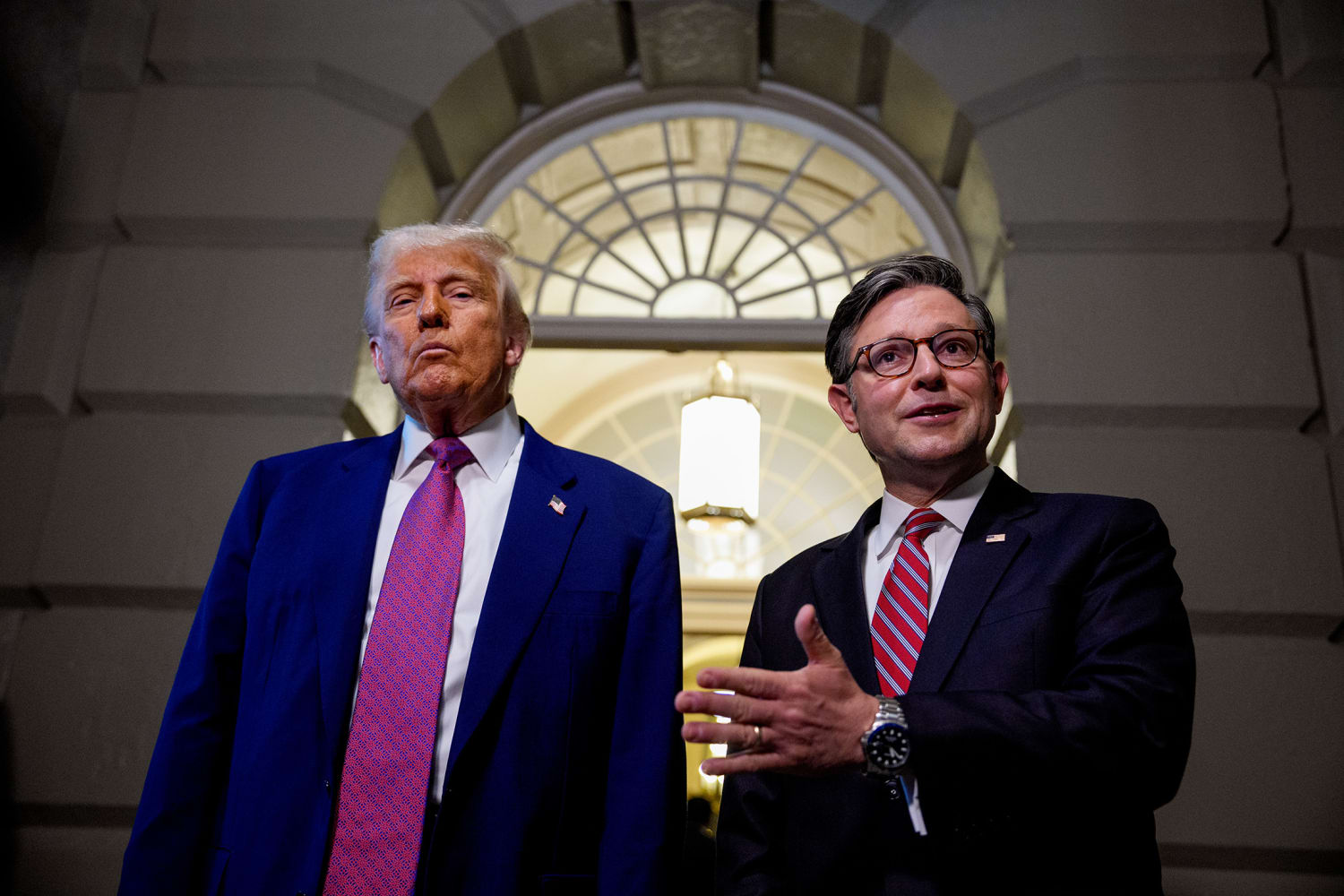In a closely watched Senate vote on Tuesday, July 15, 2025, the U.S. Senate narrowly advanced a controversial bill aimed at fulfilling President Donald Trump’s pledge to eliminate federal funding for public media outlets, including National Public Radio (NPR) and the Public Broadcasting Service (PBS).
The procedural vote, which passed by a razor-thin 51-50 margin, required Vice President J.D. Vance to cast a tie-breaking vote, marking his sixth such intervention this year to salvage Republican-backed legislation in the tightly divided chamber.
The vote revealed significant fractures within the Republican Party, as three GOP senators—Susan Collins of Maine, Lisa Murkowski of Alaska, and Mitch McConnell of Kentucky—broke ranks to oppose the measure, drawing sharp criticism from conservative factions who accused them of undermining Trump’s agenda.
The bill, part of a broader $9.4 billion rescissions package, seeks to claw back previously allocated funds, including $1.1 billion designated for the Corporation for Public Broadcasting (CPB), which supports NPR, PBS, and local public media stations across the country.
The legislation, driven by Trump’s long-standing criticism of public media as biased and wasteful, has sparked intense debate about the role of federal funding in supporting independent journalism and community services.
With a looming July 18 deadline to finalize the measure, Senate Majority Leader John Thune faces mounting pressure to unify his party and secure passage before Congress recesses in August.
The opposition from Collins, Murkowski, and McConnell highlights deeper tensions within the GOP over legislative priorities and the balance between executive directives and congressional authority.
The Senate’s procedural vote to advance the rescissions package was a critical step toward fulfilling Trump’s campaign promise to defund public media, a goal he has pursued since his first term.
The measure, which also targets $8.3 billion in foreign aid programs, passed only with Vance’s tie-breaking vote, underscoring the fragility of Republican unity.
The three dissenting senators—Collins, Murkowski, and McConnell—expressed reservations about the bill’s scope and the lack of transparency in its development, reflecting broader concerns about the process and impact of the proposed cuts.
Senator Susan Collins, who faces reelection in 2026, articulated her unease during a June Senate Appropriations Committee hearing, where she pressed Office of Management and Budget (OMB) Director Russell Vought for clarity on how the cuts would be implemented.
In a statement following the vote, Collins emphasized the lack of detailed information from the OMB, arguing that the absence of specifics hindered lawmakers’ ability to evaluate the bill’s implications.
“The rescissions package raises serious questions because we don’t have a clear picture of what programs will be affected,” she said, echoing concerns about the potential fallout for local public media stations, particularly in rural areas.
Senator Lisa Murkowski, representing Alaska, took a more forceful stance, framing her opposition as a defense of legislative independence. Speaking on the Senate floor, she criticized the White House for issuing directives without sufficient consultation, stating, “We are lawmakers, not executors of executive orders.
Our role is to legislate thoughtfully, not to rubber-stamp priorities handed down from above.” Murkowski highlighted the importance of public media in rural communities, where local stations provide critical services such as emergency alerts and educational programming.

She argued that while concerns about bias in NPR’s coverage could be addressed, dismantling the entire CPB was an overreach that would harm vulnerable regions.
Senator Mitch McConnell, a veteran Republican leader not seeking reelection, joined his colleagues in opposing the bill, citing concerns about its broader implications for foreign aid programs, including the President’s Emergency Plan for AIDS Relief (PEPFAR).
McConnell’s dissent, combined with his recent support for other Trump initiatives, suggests a strategic approach to balancing party loyalty with pragmatic considerations about the bill’s feasibility and impact.
The rescissions package, which seeks to eliminate $9.4 billion in previously approved funding, represents a key component of Trump’s broader agenda to reduce federal spending and target programs he deems misaligned with American interests.
The $1.1 billion cut to the CPB would zero out federal funding for public media through September 2027, affecting not only NPR and PBS but also over 1,500 local radio and television stations that rely on CPB grants.
While NPR receives only about 1% of its budget directly from the federal government, and PBS around 15%, local stations—particularly in rural and underserved areas—depend heavily on these funds, with some deriving up to 10% of their budgets from CPB grants.
The proposed cuts have drawn fierce opposition from Democrats, who argue that defunding public media would create “news deserts” in communities with limited access to commercial media.
Senate Minority Leader Chuck Schumer and House Minority Leader Hakeem Jeffries have condemned the package as reckless, warning that it undermines critical services like emergency alerts and educational programming.

A letter led by Senators Kirsten Gillibrand and Ed Markey, signed by 104 House Democrats, emphasized the role of public media in providing reliable local news and cultural content, particularly in rural areas.
The bill also targets $8.3 billion in foreign aid, including programs to combat HIV/AIDS, hunger, and international disasters. Efforts by Thune and Vought to appease moderates by exempting $400 million in cuts to PEPFAR failed to sway Collins and Murkowski, who expressed concerns about the broader impact on global health initiatives.
The White House has justified the cuts by labeling certain foreign aid programs as “antithetical to American interests,” citing initiatives focused on diversity, equity, and inclusion as examples of wasteful spending.
President Trump has made defunding NPR and PBS a cornerstone of his media strategy, accusing the outlets of promoting “radical, left-wing propaganda.” In a post on his social media platform, Truth Social, Trump declared, “Republicans must defund the Corporation for Public Broadcasting, which is worse than CNN and MSDNC combined.”
He threatened to withhold endorsements from any Republican who opposes the rescissions package, a tactic that has heightened pressure on GOP senators to fall in line.
The House, led by Speaker Mike Johnson, narrowly passed the measure in June by a 214-212 vote, with two Republicans switching their votes at the last minute to secure its passage.
Conservative activists, including groups like the Media Research Center, have long advocated for defunding public media, viewing the current bill as a historic opportunity to achieve a decades-old goal.
The package has been framed as part of the Department of Government Efficiency (DOGE) initiative, previously led by Elon Musk, which aimed to streamline federal spending.
However, the opposition from Collins, Murkowski, and McConnell has sparked outrage among Trump loyalists, with some X posts labeling the senators as “RINOs” (Republicans in Name Only) and calling for their ouster.
The debate over the rescissions package underscores broader tensions about the role of public media in American society. Supporters argue that NPR and PBS provide essential services, including nonpartisan news, cultural programming, and emergency alerts, particularly in areas underserved by commercial media.
A Pew Research Center survey conducted in March 2025 found that 43% of U.S. adults support continued federal funding for public media, compared to 24% who favor defunding, with Republicans more likely to support cuts.
Critics, including Trump and GOP lawmakers like Representative Jim Jordan, contend that public media outlets exhibit ideological bias and that taxpayer funds should not subsidize content they view as misaligned with conservative values.
The White House has cited specific programs, such as an NPR segment on animal sexuality and a CNN town hall with Sesame Street characters, as evidence of “woke” programming.
NPR and PBS have defended their work, with NPR’s CEO Katherine Maher and PBS’s Paula Kerger warning that the cuts would devastate local stations and limit access to trusted information.
The Senate’s next steps will be critical. If the bill passes, it will require House approval for any amendments, a challenging prospect given the tight July 18 deadline.
The Senate’s “vote-a-rama” process, which allows unlimited amendments, could reshape the package, but changes must be approved by the Senate parliamentarian to ensure compliance with the fast-track rules. If the Senate fails to act by the deadline, the funds will be released, preserving CPB funding through 2027.
The narrow Senate vote to advance the rescissions package reflects the high stakes of Trump’s push to defund public media and the GOP’s internal divisions over his agenda.

The opposition from Senators Collins, Murkowski, and McConnell highlights concerns about transparency, legislative independence, and the impact of cuts on rural communities.
As the Senate prepares for a final vote, the outcome will shape the future of public broadcasting and signal the extent of Trump’s influence over a fractious Republican Party.
With the clock ticking, the debate underscores the delicate balance between ideological priorities and the practical needs of American communities.






